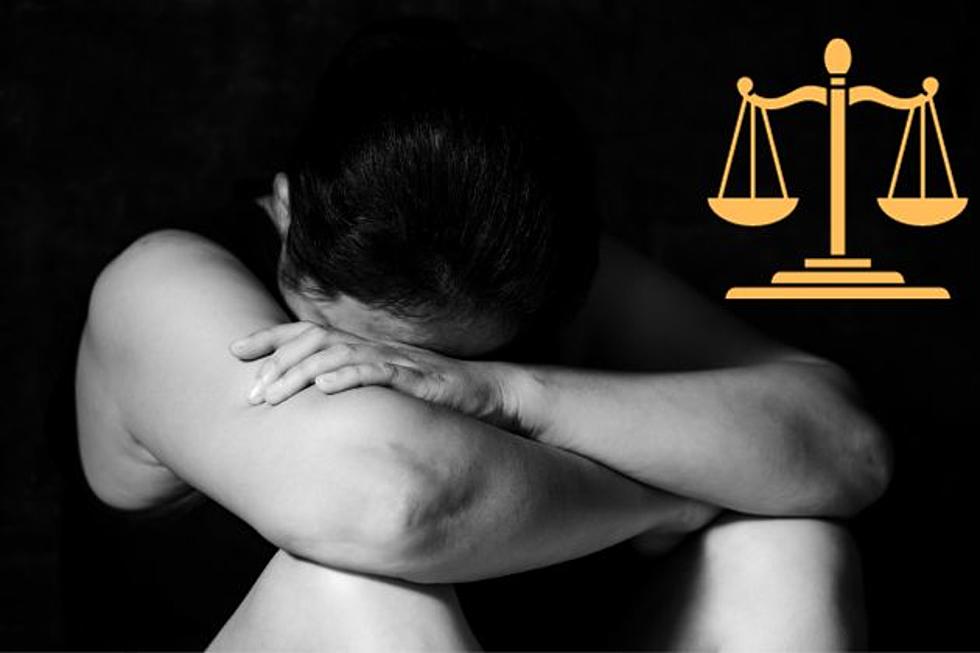
New rights for NJ domestic violence victims in 2024
⚫ A handful of bills signed this year erase obstacles for victims of domestic violence
⚫ One would permit an unborn child to be included in a restraining order
⚫ Victims will soon have greater access to police records
Domestic violence victims in New Jersey are getting some new layers of protection in 2024.
Legislation advanced by New Jersey lawmakers and signed this year by Gov. Phil Murphy are either already in effect or will be in the coming months, aimed at reducing obstacles for individuals who want to ensure they never have to face their attacker again.
Considering coercive control
Courts are now required to consider more factors when determining whether a final restraining order in domestic violence cases should be issued.
Under a law signed by Murphy on Jan. 8, less obvious signs of abuse — specifically, any pattern of coercive control — must be part of the equation.
Noting that domestic violence takes many forms, the law says that the additional criteria can include: monitoring the victim's communications and finances; threatening to make baseless reports to the police; isolating the victim from others; and other harmful actions.
“I’ve heard from women who lived in fear, isolated and cut off from family and friends by an abusive partner,” said Assemblywoman Yvonne Lopez, D-Middlesex. “This controlling behavior deprives an individual of their independence."
Reports in different languages
A law signed on Jan. 8 and set to take effect in May would require that restraining orders be prepared in other languages for those who aren't proficient in English.
"For a victim, they mot not be understanding of their rights or the process, and for many, they may become deterred from even engaging in the process," said Nicole Morella, director of policy and education for the New Jersey Coalition to End Domestic Violence. "For a defendant, it may mean that they don't know what is being required of them ... or what the consequences may be."
The bill's language applies to temporary and final restraining orders, as well as to initial information that's disseminated to victims.
Including an unborn child
Starting in April, thanks to a law signed on Jan. 8, pregnant victims of domestic violence who are seeking a restraining order against the perpetrator can have the order include their unborn child.
Currently, these orders can include children and family that a victim lives with. But a pregnant victim would have to go back to the court to seek protection separately for their new child once it is born.
Access to police records
Advocates are hoping for the last-minute signing of a bill (the deadline is Jan. 15) that would require that certain law enforcement records are handed over to victims of domestic violence upon request, as long as the act wouldn't get in the way of an ongoing investigation.
“Police records pertaining to domestic violence cases are a powerful tool that can help survivors corroborate testimony and obtain restraining orders,” said Sen. Anthony Bucco, R-Morris, a sponsor of the measure. “By helping survivors of domestic violence access their police records, we are supporting their right to better protect themselves from their abuser."
Records such as photographs, police reports, and 911 transcripts are included in the law. Law enforcement agencies would have to provide the records within 10 calendar days of the victim's request.
Victims can technically access this information today through the Open Public Records Act process, but it's not an easy system for individuals to locate or navigate.
Report a correction 👈 | 👉 Contact our newsroom
New Jersey's license plate designs through the years
Gallery Credit: Joe Votruba
LOOK: Here are 50 of your favorite retail chains that no longer exist
Gallery Credit: Meagan Drillinger
More From WPG Talk Radio 95.5 FM










